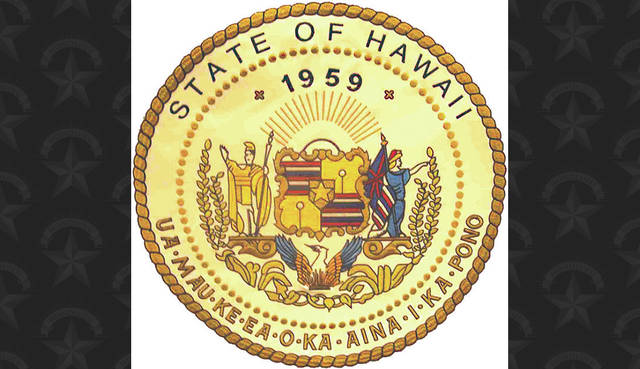Employers in Hawaii no longer will be allowed to inquire about prospective employees’ salary histories thanks to a law passed in July.
Senate Bill 2351, referred to as the Equal Pay Act, was signed into law by Gov. David Ige in July and went into effect Jan. 1. The law is intended to address demographic wage gaps within the state.
The law prohibits employers from asking job applicants about their pay rates at previous jobs, or using the applicants’ salary histories to determine their pay and benefits at their new job, unless the prospective employee discloses that information without prompting.
Even if an employer learns an applicant’s wage history through a background check, the employer still cannot use that information to determine how to pay the applicant, if hired.
The law also prohibits employers from punishing or prohibiting employees who openly discuss their wages with other employees.
Judi Mellon, director for the East Hawaii Small Business Development Center, said the new law will require businesses in the state, even small businesses, to update their hiring practices.
While Mellon said small businesses likely don’t have enough employees doing the same jobs for wage discrepancies to be a concern, the businesses still need to comply with the law.
“It isn’t going to have a big effect on small businesses here except that they have to be aware of the changes,” Mellon said.
A preamble to the bill discusses the existence of demographic wage gaps in Hawaii. According to the measure, in 2015 the gender wage gap in the state stood at 16 cents on the dollar — meaning that for every dollar earned by a man in the state, a woman would only earn an average of 84 cents.
The bill also acknowledged that racial wage gaps were more severe. Black and Asian women receive only an average of 73 cents per dollar earned by a Caucasian man, while Hispanic women only receive an average of 67 cents. Native Hawaiian men and women also are significantly impacted, with Hawaiian men earning on average $7,621 less annually than the average total male salary in the state, with Hawaiian women earning $5,967 less than the total female average, and $19,014 less than the total male average.
These wage gaps, the bill argues, are perpetuated by the practice of employers inquiring about salary history. For example, when interviewing for a potential job, female applicants might disclose their lower salary history at the interviewer’s request, leading to the employer offering a lower salary as a result.
“Some people might see it as taking away bargaining power,” Mellon said. “But I don’t.”
Mellon said the new requirements force businesses to have a set salary in mind for a position regardless of the applicant.
The bill does not specify any penalties for noncomplying businesses, but Tom Heinrich, a legislative aid for Oahu Sen. Brian Taniguchi, said violations of the law would be under the enforcement jurisdiction of the Hawaii Civil Rights Commission, which handles other employer discrimination issues.
Email Michael Brestovansky at mbrestovansky@hawaiitribune-herald.com.






